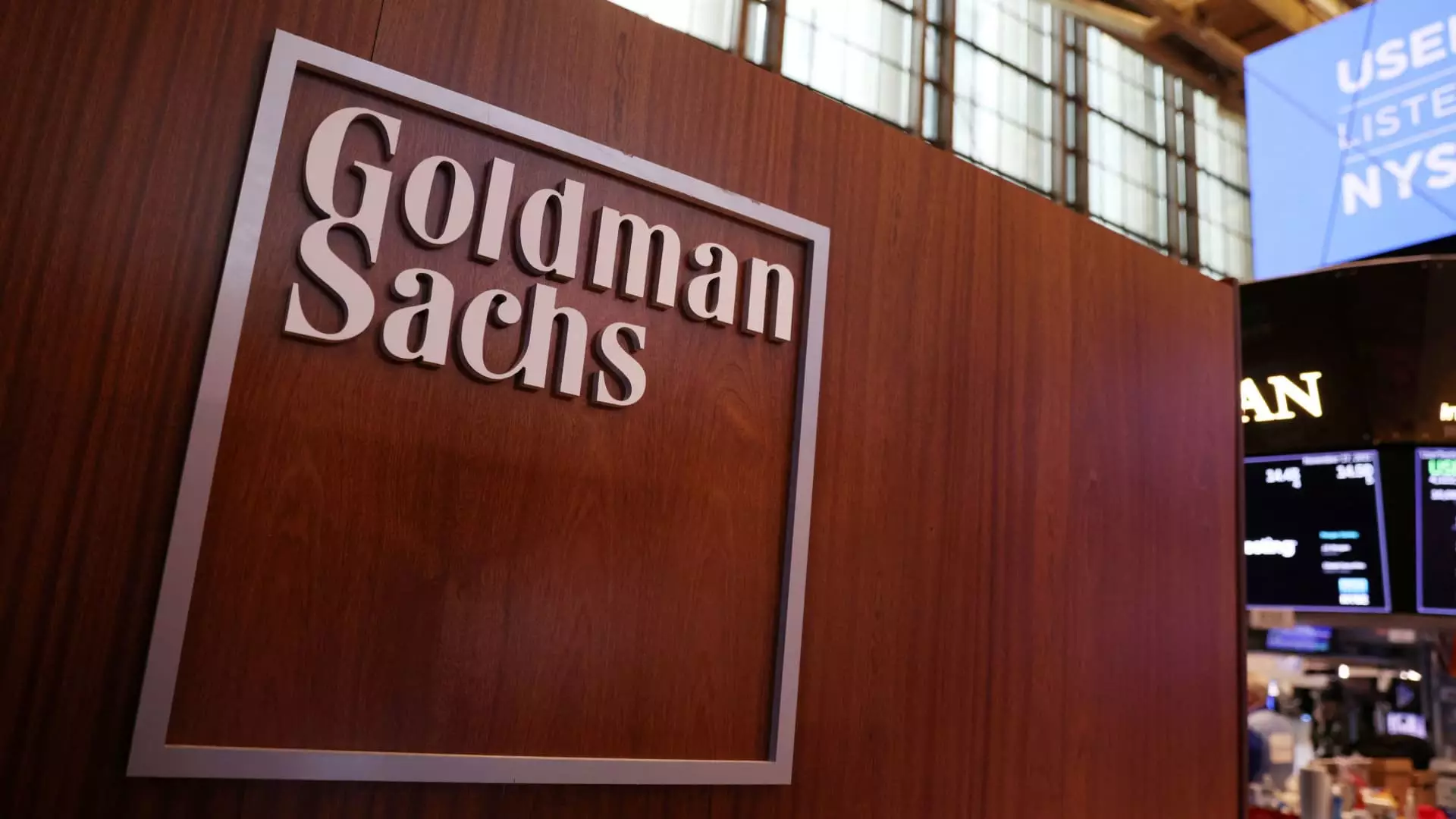The integration of artificial intelligence into the core functions of banking giants like Goldman Sachs signals a seismic shift—one that promises unprecedented efficiencies but simultaneously raises grave concerns about job security and ethical integrity. Goldman’s pioneering deployment of Devin, an AI software engineer capable of handling complex coding tasks, exemplifies a broader trend where the very foundation of human labor is being questioned. While proponents celebrate productivity gains and cost reductions, the darker undercurrents—displacement, dehumanization, and loss of craftsmanship—cannot be ignored.
This move isn’t merely about technological innovation; it’s a profound societal crossroads. The promise of AI augmenting human capacity might seem optimistic on paper, but the reality is less idealistic. As Goldman Sachs prepares to replace a significant portion of its engineering workforce with autonomous algorithms, we must critically examine whether this paradigm shift truly advances societal well-being or merely reinforces a reckless obsession with efficiency at the expense of human dignity. The seductive allure of automation often blinds us to the cultural and social cost—diminishing the value of craftsmanship, reducing opportunities for meaningful employment, and fostering an environment where workers are perceived as disposable components within a machine-driven system.
The Illusion of Progress or the Harbinger of Inequality?
The enthusiasm surrounding AI’s ability to exponentially increase productivity must be tempered with a firm dose of skepticism. Goldman’s claim that Devin can someday elevate developer productivity three to four times over is less a triumph for societal progress than a potential harbinger of inevitable job reductions. The bank’s vision of a “hybrid workforce” where humans supervise AI is, in essence, a euphemism for impending layoffs disguised as innovation. When human engineers are relegated to supervisory roles, it signifies a deeper erosion of craftsmanship and expertise that took decades, if not centuries, for the industry to cultivate.
Furthermore, the wealth generated by deploying such advanced AI tools is unlikely to be equitably distributed. The risk is that this technological leap will exacerbate socio-economic inequalities, as the benefits accrue to a select few—corporate shareholders, venture capitalists, and upper management—while ordinary workers face the grim prospects of redundancy. Goldman’s AI ambitions, backed by high-profile investors and a shiny valuation increase, epitomize how financial institutions prioritize profits over the societal responsibility of fostering inclusive growth. Such developments threaten to deepen the existing divide, alienating segments of society already marginalized by technological exclusion.
The Ethical Quandary of Autonomous Decision-Making
Deploying AI systems capable of executing complex jobs introduces significant ethical questions. The notion that Devin and similar programs can “do the work of developers” raises fundamental issues about accountability, transparency, and moral agency. Should an autonomous AI design financial products, make risk assessments, or even influence market movements without human oversight? The potential for errors, biases, or malicious manipulation grows exponentially when decisions are driven by opaque algorithms.
Moreover, this shift necessitates rigorous oversight—not only technical but also moral. Who is responsible if an AI makes a negligent mistake that results in financial loss or systemic destabilization? The tacit assumption that AI is infallible ignores the inherent risks of algorithmic decision-making shaped by human training data, which can embed biases clandestinely. This raises concerns about the dehumanization of finance—where human intuition, empathy, and ethical judgment are replaced by cold, calculated machine logic. Such a landscape risks creating a financial system more detached from societal values and more susceptible to systemic crises driven by unchecked automation.
Challenging the Narrative of Progress with a Center-Left Perspective
From a center-wing liberal perspective, the AI revolution in finance embodies a complex dilemma. On the one hand, technological innovation is essential for societal progress, driving efficiency and unlocking new economic potentials. Yet, unchecked, it threatens to erode the social fabric by replacing human labor that provides purpose, community, and dignity. Policymakers and industry leaders must adopt a balanced approach—championing innovation without forsaking the human values at the heart of a just society.
Supporting policies that ensure re-skilling, social safety nets, and ethical AI development is crucial. We should advocate for frameworks that prioritize human-centered innovation—where AI is designed not as a tool for mass displacement but as a means to empower workers, enhance their skills, and create equitable prosperity. The challenge lies in resisting the shortsighted pursuit of profit at society’s expense. Sustainable progress requires thoughtful regulation, transparency in AI deployment, and an unwavering commitment to safeguarding human agency and community well-being in the face of relentless technological change.


Leave a Reply